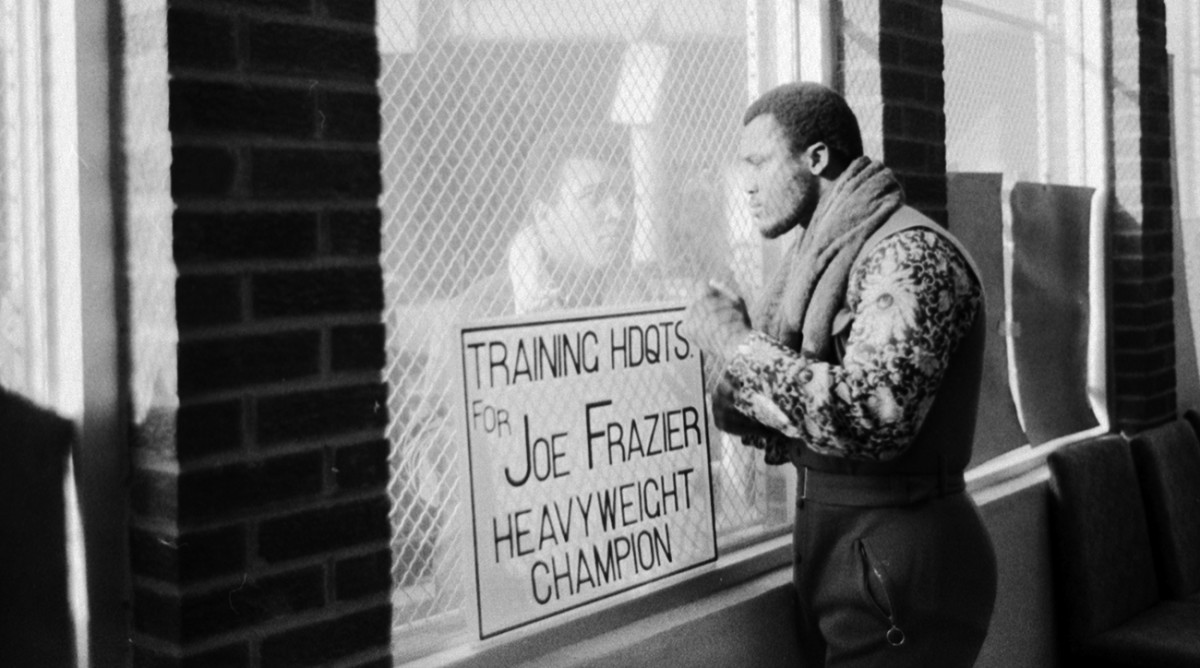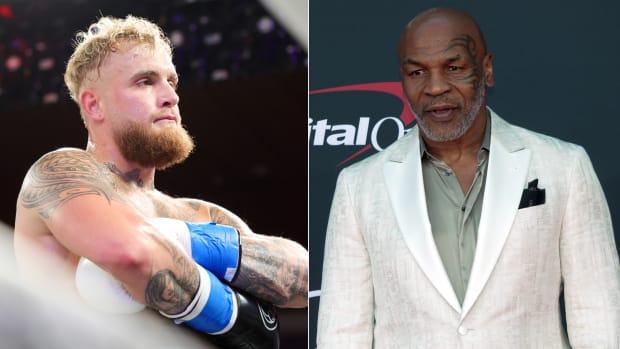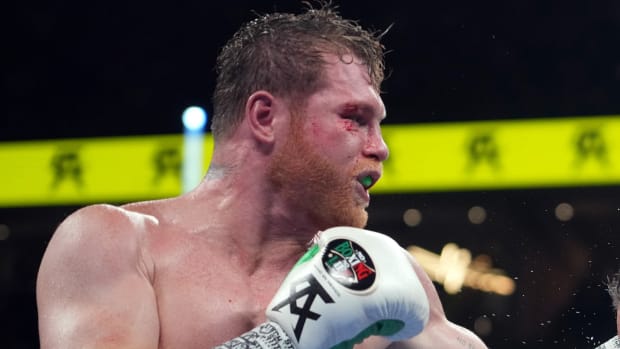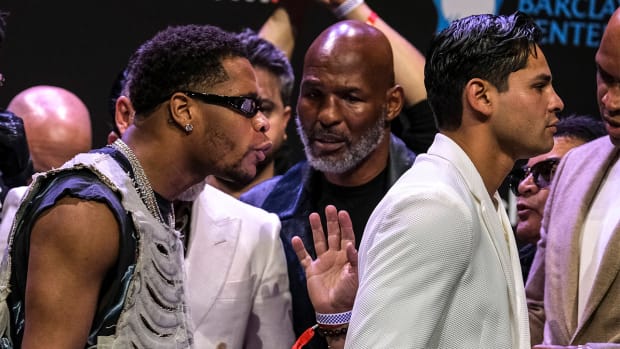Joe Frazier's Lasting Legacy Goes Far Beyond the Ring

The following is excerpted from SMOKIN’ JOE by Mark Kram, Jr. Copyright 2019 by Mark Kram, Jr. Excerpted by permission of Ecco, an imprint of HarperCollins Publishers.
Big-hearted in ways that the crowds would seldom see, Joe Frazier looked upon the work he did with the boys and girls at the gym as more than just boxing instruction. Only a few would have any chance in the sport in which he had distinguished himself, yet he understood that his calling was far larger. For the ones with nowhere to go but the streets when school let out, he provided a place to work off the simmering rage that poverty breeds. For those who came to him with some ability and the same dream he once had, he provided a bed to sleep in at the gym and a couple hundred dollars each week to get by on, the way Cloverlay had given him a leg-up years before. Along with Marvis, he worked with his other sons, daughters, and assorted nephews and nieces, who would come to appreciate and indeed love him not just for his hallowed accomplishments in the ring but also for how he gave of himself to them in large and small ways. As he sat with me that day in his apartment, it did not escape him that the way forward for him had been paved not just by his own hard work but by the help of others.
“I was born into animosity, bigotry, hatred, and white water/colored water,” he told me. “I look back on those days and I think: Well, you are a better man because of them. The world has changed to the point where we now have a black president. But the youngsters still need to be shown that someone cares.”
Big names would come and go at the gym for years—fellow champions, actors, politicians, and journalists by the score. Whenever Joe would drop by, parking his Cadillac up on the sidewalk by the gym entrance, someone would spot him and shout, “Hey, Champ!” Grinning, Joe would wave and reply, “Yo, man!” In an area of boarded-up houses, he would sit with the firemen at the station around the corner and occasionally play half-ball with them on summer evenings. When he was not working in the gym, chances were that he would be outside under the hood of his car fixing something. He loved tinkering with cars. Whenever he was driving someplace and spotted one with a flat, he pulled over, introduced himself to the distressed driver, and changed the tire. But it was an episode that occurred on a December day in 1986 that revealed to former cruiserweight Kevin Dublin the type of man Joe Frazier was.
BUY NOW
Smokin' Joe: The Life of Joe Frazier
by Mark Kram Jr.
Tracing Joe Frazier’s life through his momentous bouts with the likes of Muhammad Ali and George Foreman, this gripping, all-access biography follows the boxer from his childhood in the Jim Crow South, through his voyage north at age fifteen to Philadelphia, and through his retirement in 1981.
Holiday lights blinked in the windows along North Broad Street on that cold, cold day. Joe was on his way to Atlantic City, where one of his fighters—heavyweight Bert Cooper—had a bout that evening at Resorts International. On his way out of the gym door, Joe ordered his son Hector and Dublin to come along, if just to keep an eye on them; both were just starting out in careers of their own. With Joe behind the wheel and Hector and Dublin in the back, the limousine glided down Broad toward the Ben Franklin Bridge, only to draw to a sharp stop as Joe came upon a man with no legs crossing the street in a wheelchair with a can of kerosene in his lap. Joe parked the car at an angle on Broad and hopped out, dressed in a long fur coat and cowboy hat, as passersby stopped on the sidewalk and looked on in curiosity.
“Come on,” Joe said to the man in the wheelchair. “Looks like you need some help.”
Joe picked up the man and placed him in the passenger seat, as Hector and Dublin stowed the wheelchair and the can of kerosene in the trunk and snapped it shut. Joe asked the man, “Where you headed?” When the man gave him a nearby address, Joe steered the limo up and down some side streets and found it. Leading up to the door was a ramp constructed of haphazard pieces of splintered wood. Joe placed him in the chair that Hector set up and pushed him to the door. Dublin followed behind with the can.
Covering the windows of the tiny, narrow house were quilted blankets to keep the cold out and the heat in. Dublin remembered thinking once he stepped inside that the occupants were squatters, yet he could not be sure. Their few possessions were scattered in the living room and dining room, including a table and chairs, a TV, and two kerosene heaters. In the shadows were three children.
A woman came out of the adjoining room and stopped short when she recognized Joe. The woman squealed, “Lord, look who it is!” Joe looked down at the man and said, “You look like you could use some love.”
The man replied, “No, man, you already showed me love by picking me up and bringing me home.”
“Nah,” said Joe. He stooped over and pulled a roll of hundred-dollar bills out of his sock. He peeled one off, then another. He handed the man the money.
The man looked up at him at with bewilderment in his eyes and asked, “Why you do this?”
Joe replied, “You need some help.”
Joe signed some photos that Hector retrieved from the limo and they were on their way to Atlantic City. Ordinarily, whenever Joe was driving anywhere, there would be Bobby Womack or some other soul singer blaring from the speakers. But not today.
It was quiet, as Dublin remembered, “Kind of weird.” For close to an hour, Joe barreled down the Atlantic City Expressway and said nothing, the trees alongside the highway spinning by. Then, unprompted by any question or comment from the young men in the back, he addressed Hector and Dublin.
“See, that was a man. Going out in this cold weather to get heat for his family.”
There was another long silence. And then Joe said, as if to himself—a tear in the corner of his eye—“You never know, man.”







